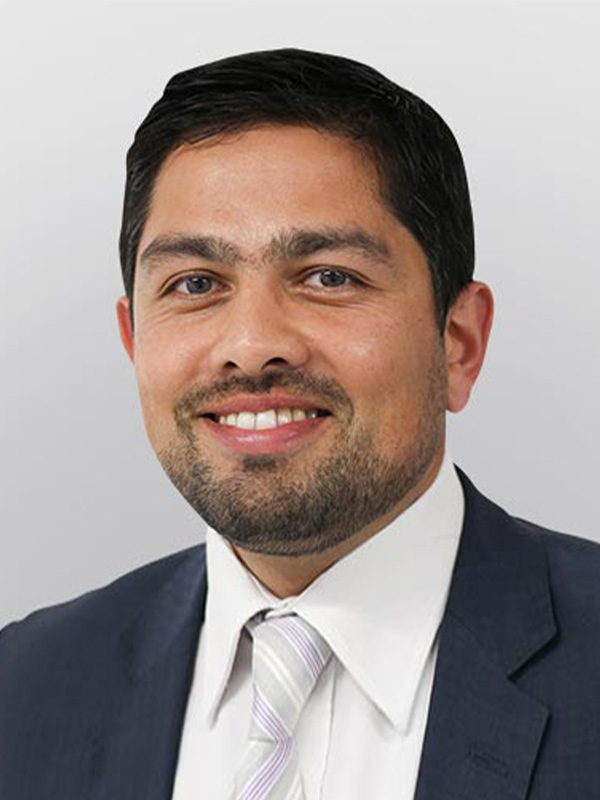Cataracts and Driving: Can You Drive With Cataracts?
Cataracts cause your vision to become cloudy and blurry and can make exposure to bright light difficult. When it comes to cataracts and driving, there can be a lot of safety issues that may affect your driving and your ability to safely navigate the roads.
What Are Cataracts?
A “Cataract” is a clouding of the lens, which is the small transparent disc inside the eye. Cataracts can start out as small cloudy patches at first but will eventually worsen over time, causing your vision to become blurred, cataracts usually appear in both eyes but can occur in just one eye.
Over time, proteins and fibres will break down and form “clumps” situated on the lens of the eye. These clumps will make it difficult for light to pass through the lens and will cloud up your vision, worsening over time. If left untreated, cataracts can lead to blindness.
Cataracts are usually caused by natural ageing but can develop from various injuries and illnesses. They can also develop if you are a heavy smoker, heavy drinker, live in a highly polluted area or if your family has a history of developing cataracts.
Cataracts are entirely treatable and your vision can be fully restored after a short surgery.
How Do Cataracts Affect Vision?
As cataracts develop and worsen over time, your eyesight will become more cloudy and blurry. This is due to the cataract blocking or reflecting the light passing through the lens, preventing a clear image from reaching the retina.
Cataracts can cause bright lights to become almost unbearable to look at, such as the sun or traffic lights. If left untreated for a long time, they can make driving very difficult and incredibly dangerous to both yourself and those around you.
Some other symptoms that don’t affect everyone with cataracts but may be affecting you include:
- Nearsightedness
- A change in the way you see colour (typically a yellow tint on bright colours)
- Double vision in the affected eye/eyes
- Glasses or contact lenses not working well
Can You Drive With Cataracts?
Legally, you must meet the minimum visual standards for driving set out by the Driving and Vehicle Licensing Agency (DVLA). This includes being able to read a number plate from 20 metres away, having a visual acuity score of at least 0.5 (with glasses/contact lenses if necessary) and having an adequate field of vision. If your cataracts put your eyesight below these thresholds, you should not drive.
The threshold for those who drive Buses or Lorries is slightly higher. You will need to have a visual acuity of at least 0.8 (with glasses or contacts if required) and you must have a horizontal visual field of at least 160 degrees. 70 degrees left and right as well as 30 degrees up and down. source
If you have a cataract in one eye, you do not have to inform the DVLA as long as your other eye has no other medical condition affecting it. If you have cataracts affecting both eyes, you are legally required to inform the DVLA that you have cataracts and you will not be able to drive until they are removed and replaced with cataract surgery.
This does not apply if you are a bus or lorry driver. You will need to inform the DVLA of any issues with either of your eyes. This includes cataracts as well as other eye conditions such as glaucoma. Ensuring that you meet these requirements is vital, as you may invalidate your insurance if your eyesight falls below these parameters.
Cataracts affect your ability to see in the dark and notice colour contrast, meaning that it will become increasingly harder for you to spot potential obstacles or pedestrians while driving. You will also experience increased sensitivity to bright light and glare. Making driving both day and night a dangerous experience.
If you are in the early stages of cataract development or only have a cataract in one eye, meaning you can still drive, you should still ensure you are driving as safely as possible.
- If possible, choose times in the day when the sunlight, weather or nighttime will not cause you issues (Mid-morning, Mid Afternoon and just after sun-down are the safest)
- Ensure that your windows are as clean as possible
- Clean rearview mirrors as much as possible
- Make sure your headlights are fully functional and clean
What is Cataract Surgery?
Modern Cataract surgery can help make your sight clearer and enable you to return to driving safely. Cataract surgery involves small and precise incisions into the eye to remove the outer lens. The lens capsule is opened and the natural, cloudy lens is removed and a foldable, artificial lens is inserted. This surgery completely removes any cataract symptoms by replacing the entire lens/lenses and you should notice an improvement immediately after surgery with further improvement after a short adaptation phase.
Before your surgery, you will have a short consultation with us to assess your vision and your suitability for surgery, as well as discuss the best artificial lens options for you. This surgery typically only takes around 45 minutes to complete and you will be able to return home to rest the same day.
If you have cataracts in both of your eyes. You will need to have a separate surgery for your other eye soon after. After your cataracts have been removed, you should be completely safe to drive again. For more information, contact us here with any questions
Studies show that 40% of patients drive more frequently after their cataract surgery and many who had stopped driving with cataracts returned to the roads soon after their surgery. There has been a 50% reduction in vehicle crashes following cataract surgery.
Book your cataract surgery with us today.
Can You Drive After Cataract Surgery?
To be able to drive after your cataract surgery, you will need to ensure that you meet the DVLA’s visual standards for driving, as stated earlier. This test can be arranged with an optician.
Most patients will be able to complete this test within around 24 hours after cataract surgery. However, some will need to have new prescription glasses or contact lenses to be able to drive after the surgery. If this is the case, it is advised to wait at least 4 weeks to ensure that your eye is fully recovered before getting new glasses.
You should not drive yourself home after having cataract surgery. This surgery requires the use of anaesthetics which means that you are not able to drive safely. You should inform a friend or relative and ask if they can take you home to rest.
If you require cataract surgery on both of your eyes, you may be able to safely drive. This depends on the severity of the other cataract and you should check with your optician before driving. Schedule your Cataract Surgery Consultation Today.
Find out if you are suitable for vision correction
Not everyone is eligible for vision correction surgery.
Find out if you could benefit from this life changing surgery by taking the quick self-suitability quiz below:
Our most popular procedures
What our patients say…
★ ★ ★ ★ ★
“A very professional and care-based process. All stages were carefully explained and executed efficiently. Dr. Musa is highly skilled and has a wonderful support team. Many thanks.”
★ ★ ★ ★ ★
“I was very impressed with Dr. Musa. He was highly professional and explained everything he was going to do. My eyes are brilliant now, and I felt very happy with everything. I wouldn’t hesitate to recommend him.”
★ ★ ★ ★ ★
“The results after 24 hours are amazing. I have perfect vision in the close, mid, and distance ranges, with no need to wear glasses at all. I could not be more pleased with the results. Thank you, Dr. Musa. Highly recommended!”
★ ★ ★ ★ ★
“I highly recommend Dr. Musa for laser eye surgery. I was hesitant to proceed with the surgery for 2 years, but as soon as I had a conversation with Dr. Musa, I felt at ease. He thoroughly explained the shape of my cornea and recommended the safest procedure for me.”
We have replaced the images of real patients who provided these testimonials to protect their privacy.

Hi, I’m Dr. Musa
Your vision is incredibly precious, and I believe in taking the time to ensure you are fully informed about your condition and the available treatment options. I value open communication and will dedicate the necessary time to explain each option, discussing the relative risks and benefits associated with them. Making an informed decision about your vision requires careful consideration, and I am committed to guiding you every step of the way.
Trust in my fellowship-trained expertise to provide you with the highest standard of care. I understand the significance of preserving and enhancing your vision, and I prioritise your well-being above all else. Visit our clinic to experience personalised care and specialised treatment tailored to your specific needs. Together, we can safeguard the health and clarity of your sight.
Dr Fayyaz Musa
MBChB (Edin) FRCOphth (Lon) CertLRS (RCOphth) PGDipCRS
Expert Laser Eye and Cataract Surgeon





